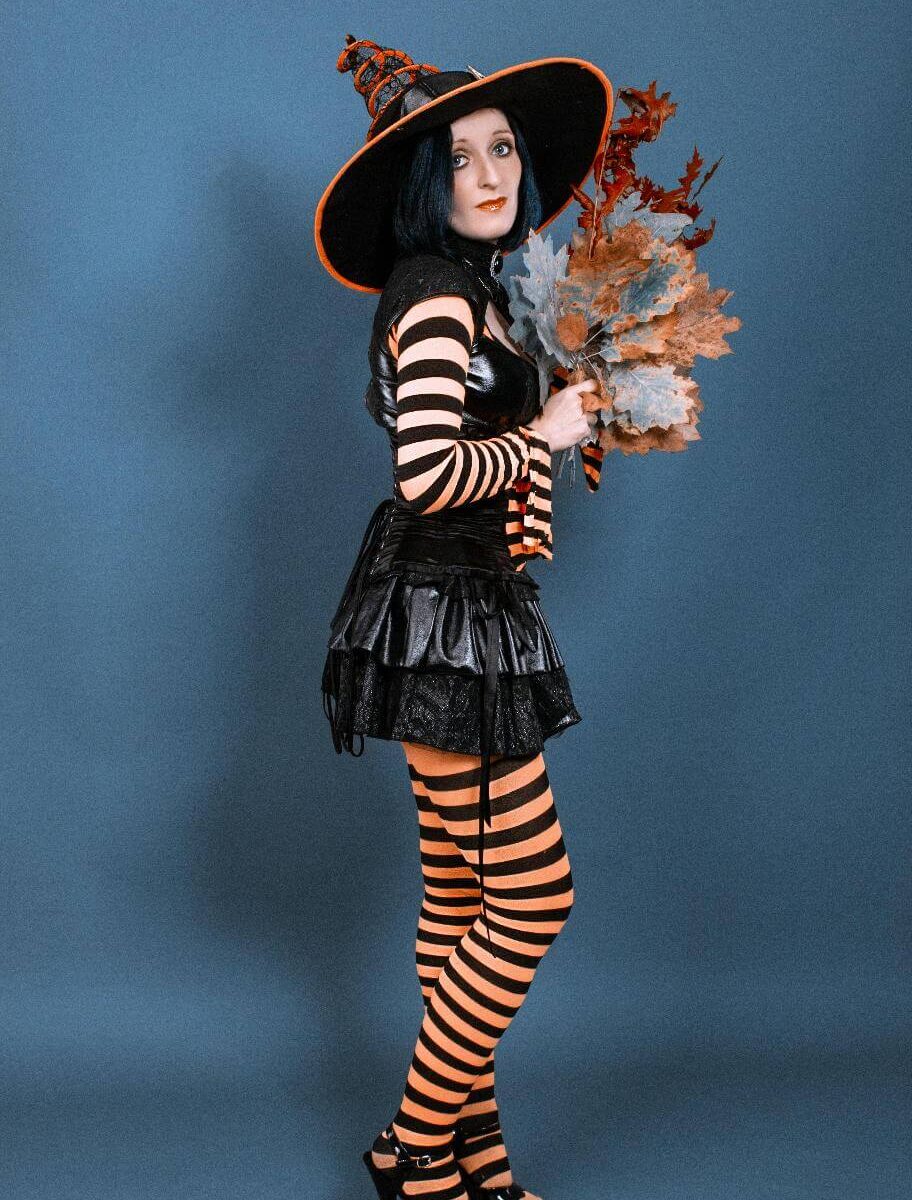Human sexuality is a complex and multifaceted aspect of our existence. While it is an essential part of our biology, it is also heavily influenced by our societal norms, personal experiences, and individual desires. And in the realm of sexual desires, erotic fantasies hold a special place. They are our deepest, most intimate, and often, most secret thoughts that can range from innocent to taboo.
But what exactly are erotic fantasies, and why do we have them? How do they manifest, and what impact do they have on our sexual experiences? In this blog post, we will take a closer look at the intriguing world of erotic fantasies, from their origins to their implications, and everything in between.
Understanding Erotic Fantasies
Simply put, erotic fantasies are sexual thoughts or imaginary scenarios that can elicit arousal or sexual desire. They can range from simple daydreams to detailed and sophisticated narratives that involve a variety of people, places, and scenarios. They can also have varying levels of intensity, depending on the individual and their personal preferences.
But why do we have erotic fantasies? One theory suggests that they are a natural part of our human desire for novelty and variety. Our brains are wired to seek out new and exciting experiences, and our sexual fantasies are a way for us to explore and fulfill those desires. Additionally, fantasies can also help us to tap into our deepest, most intense desires and fulfill them in a way that feels safe and comfortable.
Origins of Erotic Fantasies
The origins of erotic fantasies can be traced back to ancient cultures and societies. Erotic art, literature, and rituals have been a part of human expression for thousands of years, highlighting the enduring presence of sexual fantasies in our collective consciousness.
However, the concept of erotic fantasies as we know it today can be attributed to Sigmund Freud, the father of psychoanalysis. In his groundbreaking book, “The Interpretation of Dreams,” published in 1900, Freud introduced the idea that our dreams and fantasies are a manifestation of our unconscious desires. He posited that our unfulfilled sexual and aggressive impulses find expression in our fantasies, providing us with an outlet for our repressed desires.
Modern Perspectives on Erotic Fantasies
While the concept of erotic fantasies has been around for centuries, the modern understanding of them is continuously evolving. The rise of psychology and neuroscience has shed new light on the nature and origins of erotic fantasies, challenging some of the previous theories.
For instance, it is now understood that not all fantasies are a reflection of our unconscious desires. In fact, many fantasies are a result of our conscious thoughts and are influenced by our cultural and social context. They can also serve as a way for us to explore and experiment with our sexuality, without the real-life consequences.
Types of Erotic Fantasies
The diversity of human desire is reflected in the myriad of erotic fantasies that exist. They can be loosely categorized into two types – personal and shared fantasies.
Personal fantasies are those that are unique to the individual and often reflect their deepest desires and personal experiences. They can involve situations, people, or scenarios that excite the individual and can vary greatly from person to person.
Shared fantasies, on the other hand, are those that are commonly shared among a specific group of people. They can be influenced by societal norms, cultural values, and media representations, and can include fantasies such as BDSM, role-playing, voyeurism, and more.
Implications of Erotic Fantasies
While commonly seen as a positive aspect of human sexuality, the impact of erotic fantasies can vary depending on the individual and their relationship with their fantasies. For some, fantasies can be a healthy and exciting outlet for exploring their sexuality, as well as a way to enhance their sexual experiences with their partners. On the other hand, for others, fantasies can lead to feelings of guilt, shame, or anxiety, due to their perceived taboo nature.
Furthermore, the impact of fantasies on one’s real-life sexual experience can also vary. For some, the fulfillment of their fantasies in real life can lead to a more fulfilling and satisfying sex life. However, for others, the disconnect between their fantasies and reality can cause disappointment or even dissatisfaction with their sexual experiences.
Conclusion
In conclusion, erotic fantasies are an intrinsic part of our human sexuality, with a deep-rooted history and constantly evolving interpretations. They can serve as a way for us to explore and fulfill our deepest desires, or simply as a source of titillation and pleasure. However, it is important to acknowledge the diverse nature of fantasies and understand their implications on our personal lives and sexual experiences. Ultimately, the key is to embrace and celebrate our fantasies in a way that adds to, rather than detracts from, our overall well-being and sexual satisfaction.


